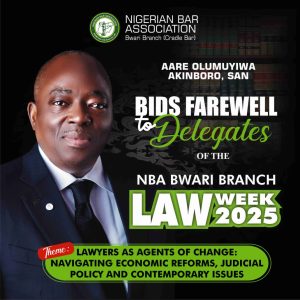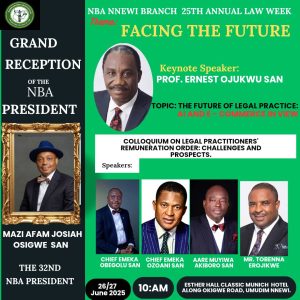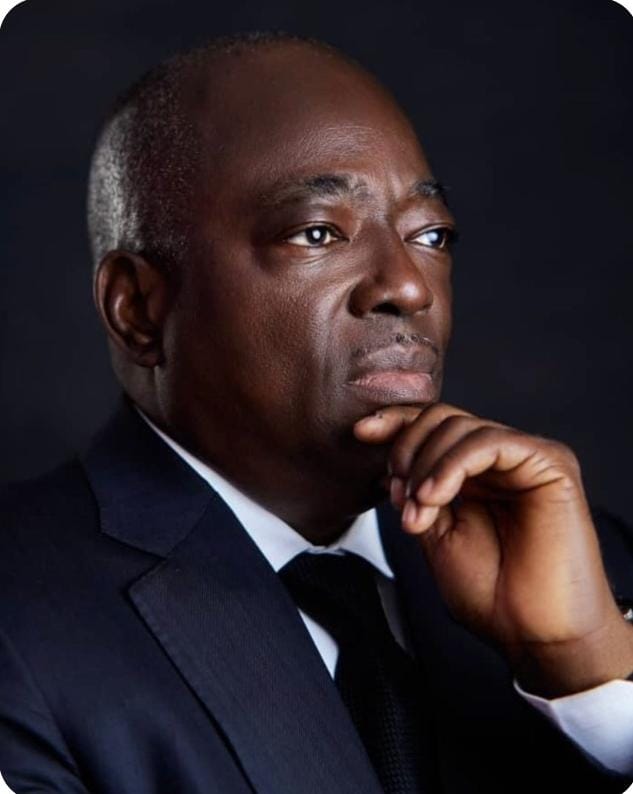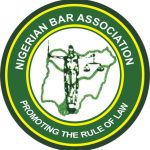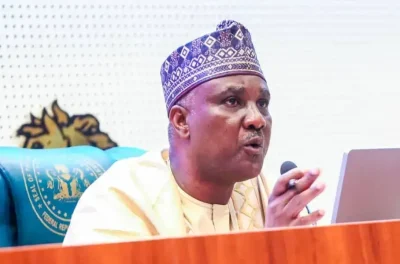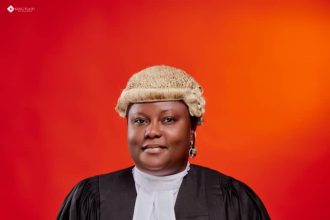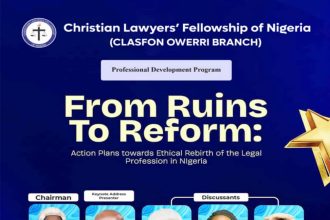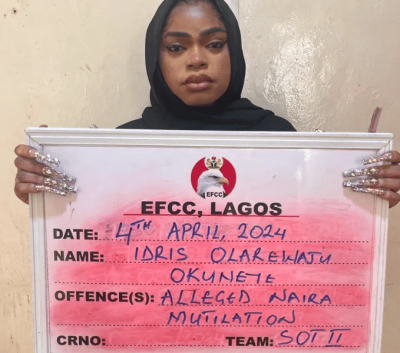Chairman, Session on Criminal Defamation v. Freedom of Expression.
Distinguished colleagues, respected panelists, ladies and gentlemen,
Good morning.
It is my honour and privilege to welcome you to this imperative and thought-provoking session on the theme: “Criminal Defamation v. Freedom of Expression: Striking a Balance Between Punishing Malicious Falsehood and Protecting Free Speech.”

This topic sits at the intersection of two powerful legal and moral imperatives; the protection of reputation on the one hand, and the preservation of liberty on the other.
Let me begin by reminding us that defamation basically refers to a false statement that harms the reputation of another.
Traditionally, it has been approached as a Tort, a civil wrong. However, in many jurisdictions, including Nigeria, there also exists the offence of criminal defamation, where defamatory statements can attract penal sanctions, including imprisonment.
Now, this raises a fundamental question: Why should the state concern itself with defamation to the extent of making it a crime?
The answer lies partly in the weight society places on personal dignity, public order, and truthfulness in discourse.

While civil actions may offer restitution in the form of damages and actual restitution, the criminalization of defamation is often justified as a means to deter the deliberate and malicious spread of falsehoods especially in contexts where reputations, peace, and lives can be destroyed by a few strokes of a keyboard.
Under our laws, specifically Sections 373 to 381 of the Criminal Code Act and corresponding provisions in the Penal Code, defamation is criminalized where a statement is likely to injure a person’s reputation by exposing them to hatred, contempt, or ridicule.
The offence becomes more aggravated when published with intent to cause harm or with knowledge of its falsehood.
Yet, in navigating this legal terrain, we cannot ignore the age-long sacredness of Free Speech, a principle so foundational that democracies often treat it as a cornerstone of all other freedoms.
Let us reflect briefly on the American experience, where the First Amendment to the United States Constitution provides robust protection for freedom of speech.
The U.S. Supreme Court, in landmark decisions such as New York Times v. Sullivan, established that even false statements must sometimes be tolerated to protect the open marketplace of ideas.
The underlying philosophy is simple: a society that censors too quickly risks killing dissent, debate, and ultimately, democracy itself.
In Nigeria, Section 39 of the 1999 Constitution (as amended) guarantees the right to freedom of expression and the press. However, and this is crucial, no fundamental right in our Constitution is absolute.
Each right is qualified by limitations in the interest of public safety, order, morality, health, and the rights of others. See Section 44 among others.
So, while the Constitution protects expression, it does not protect defamation, obscenity, incitement to violence, or speech that disrupts public order.
This is a delicate balance, one that lawmakers, courts, and civil society must constantly engage with, especially in a time when digital platforms have given unprecedented power to individual voices.
Nowhere is this tension more evident than in contemporary Nigeria, particularly in the age of social media.
We have seen numerous instances where individuals have been arrested, detained, or prosecuted for statements made online often under the guise of “criminal defamation.”
Consider the high-profile instance involving Mr. Dele Farotimi, a lawyer and activist, whose book contained critical commentary that was perceived to have defamed Aare Afe Babalola, SAN a revered elder statesman and icon of our noble profession.
The situation sparked wide public debate: Should such disputes be resolved through criminal prosecution or civil litigation?
We have also seen the police becoming increasingly involved in these matters, with allegations of abuse of power, suppression of dissent, and the use of state machinery to settle personal scores.
These developments challenge us to rethink the boundaries of criminal law in a democratic society.
And so, we are gathered here today not to take sides, but to ask difficult questions:
At what point does a statement cease to be free speech and become a punishable falsehood?
Is the threat of criminal prosecution necessary to deter reputational attacks, or does it silence legitimate criticism?
Should Nigeria retain laws on criminal defamation, or reform them in line with global trends toward decriminalization?
How do we protect both the right to reputation and the right to speak freely in a digital age where one tweet or post can reach millions?
I look forward to an engaging, honest, and intellectually rigorous discussion. I urge our panelists to unpack these complexities with clarity and courage.
Let us explore, debate, and perhaps even disagree but most importantly, let us strive toward a society where truth, justice, and liberty can coexist without silencing one another.
Thank you.
